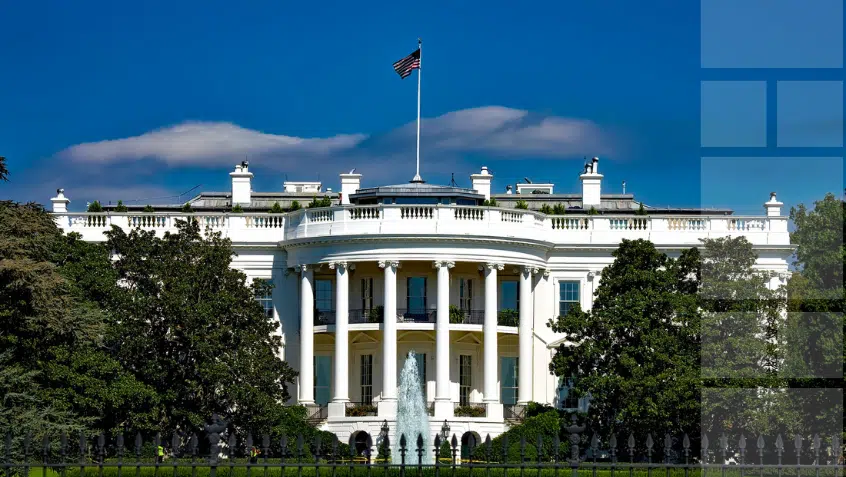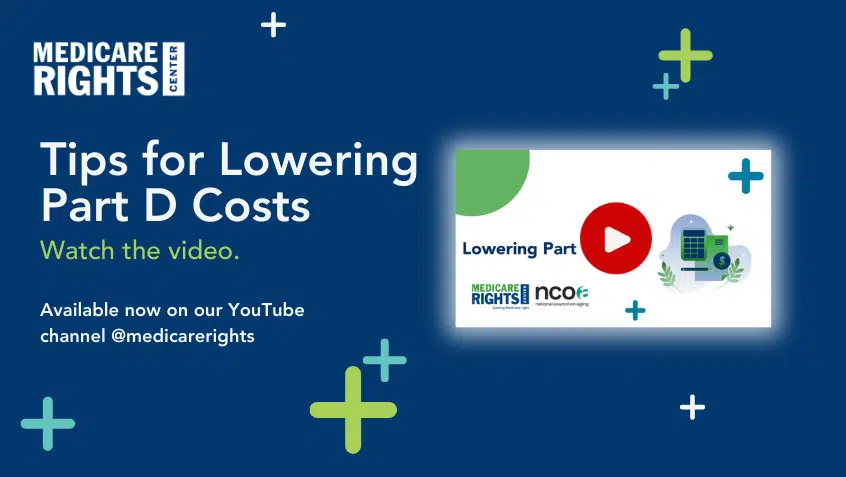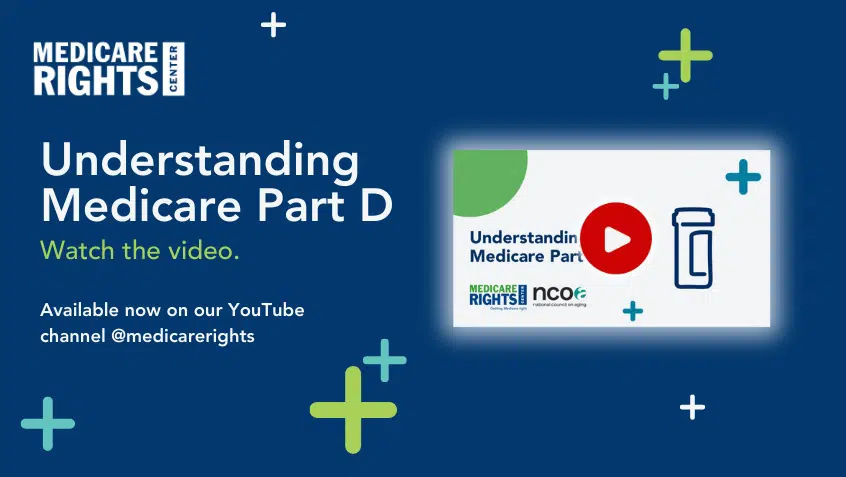Join Us Live for a Discussion on Medicare, Democracy, and the Future of Health Care
Younger Medicare Enrollees Experience High Rates of Access and Affordability Challenges

Younger adults can qualify for Medicare due to having a long-term disability, End-Stage Renal Disease (ESRD), or Amyotrophic Lateral Sclerosis (ALS). A recent KFF survey and analysis confirm previous research on the unique challenges facing this population. Compared to older beneficiaries, they are more likely to have low incomes, poor health, and severe chronic conditions, as well as problems with Medicare enrollment, access, and affordability. In 2022, 12% of all beneficiaries—nearly 8 million people—were under 65.
Using data from the 2023 KFF survey of health insurance consumers, the new brief focuses on the experiences of younger Medicare enrollees with long-term disabilities, including the barriers they often face. Key findings include:
- People with Medicare are more satisfied with their health coverage than adults with other types of insurance. But younger Medicare enrollees were less satisfied overall than those 65 or older (79% and 90%, respectively). Similarly, 78% of younger enrollees were satisfied with provider quality and 74% with provider availability compared to 91% and 89% of older enrollees.
- The younger Medicare beneficiaries were also more likely to have difficulty enrolling in Medicare (26% vs. 10%) and obtaining financial assistance (30% vs. 11%). These challenges likely reflect well-documented complexities with Medicare and complementary program enrollment systems. Navigating Medicare enrollment—from adhering to confusing rules and intricate timelines, to choosing between Original Medicare (OM) and Medicare Advantage (MA), to evaluating seemingly endless private plan options—is a high stakes and confusing endeavor. Similarly, people often do not know they are eligible for low income supports like Medicaid, the Medicare Savings Programs, and the Part D Low-Income Subsidy or how, when, and where to sign up.
- Younger enrollees also experienced disproportionate coverage problems (70% vs. 49%). They reported higher rates of care delays (27% vs. 9%), of being charged for services they thought were covered (24% vs. 8%), and of being unable to receive recommended treatment (24% vs. 6%). The relatively poor self-reported health status of younger enrollees (52% vs. 19%) may be a contributing factor, leading to more encounters with the health care system and more room for error. The survey does not classify respondents according to OM and MA enrollment, but KFF notes beneficiary coverage pathway may also play a role, since common MA features like narrow provider networks and prior authorization can significantly limit timely access to care.
- Medicare affordability is an issue for enrollees of all ages; approximately 30% of all Medicare beneficiary survey participants reported problems paying for prescription drugs and covering monthly premiums. However, larger shares of those under 65 said they struggled to afford medical bills (35% vs. 9%) and delayed or skipped care due to cost, including dental (42% vs. 24%) and vision services (25% vs. 13%) not covered by Medicare, prescription drugs (18% vs. 10%) and doctor visits (14% vs. 4%). These variances are likely tied to the cohorts’ income differences: 77% of those under 65 with disabilities lived on less than $29,160 a year ($39,440 for couples), compared to 44% of older enrollees.
At Medicare Rights, we know that beneficiary problems with understanding and using their coverage can be difficult to resolve quickly and independently, especially in time-sensitive and stressful situations. This can lead to harmful care delays, higher costs, and worse outcomes. To ensure Medicare works well for everyone, including younger enrollees, we support policy and program changes to simplify enrollment and plan comparisons, empower informed beneficiary decision-making, enhance coverage and benefits, strengthen consumer and cost protections, and ease access to Medicare’s financial assistance programs.
Read the KFF report.
Read more about Medicare eligibility for those under 65 from Medicare Interactive.
Show Comments
We welcome thoughtful, respectful discussion on our website. To maintain a safe and constructive environment, comments that include profanity or violent, threatening language will be hidden. We may ban commentors who repeatedly cross these guidelines.
Help Us Protect & Strengthen Medicare
Donate today and make a lasting impact
More than 67 million people rely on Medicare—but many still face barriers to the care they need. With your support, we provide free, unbiased help to people navigating Medicare and work across the country with federal and state advocates to protect Medicare’s future and address the needs of those it serves.
The Latest
Most Read
Add Medicare to Your Inbox
Sign up to receive Medicare news, policy developments, and other useful updates from the Medicare Rights.
View this profile on InstagramMedicare Rights Center (@medicarerights) • Instagram photos and videos









